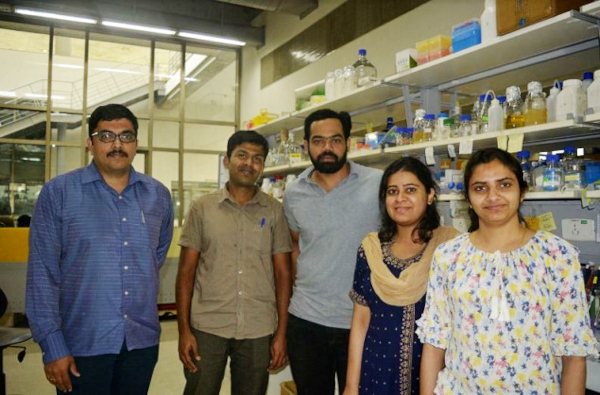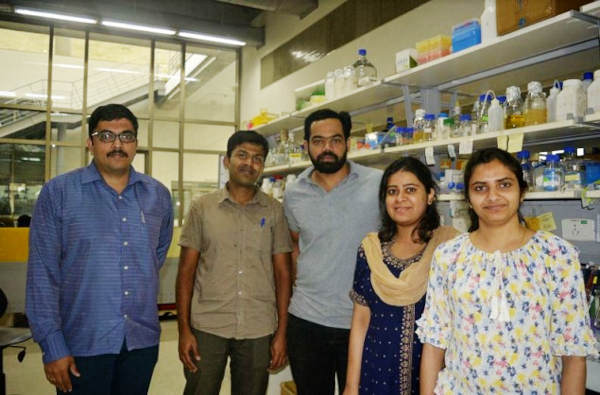Viruses cause harm. Yet the way they operate is fascinating. Unlike other bugs, viruses reside inside their hosts themselves and use material from them to make their proteins-the building blocks of all life forms. Like humans, all other organisms also try to avoid them by not providing a favourable condition. However, if the viruses cannot be avoided, they have to fight them off.
The fight is not very simple. They fight each other as if their lives depend on it, and they do. Just like countries at war, they indulge in an arms race, each projecting and deploying potentially lethal weapons against each other in a series with each new weapon more potent than the previous one.
Some of the weapons are used to attack the enemy and some for counter-defence. The host, for instance, has weapons to “defend” against the virus and the virus “counter-defends” this by using its arms. The host then comes up with “counter-counter defence”.
The weapons deployed to target viruses include protein-cutting ‘Dicer’ machinery that will chop off the genomes of the virus so that they cannot make proteins to survive and thrive. It is a different matter that viruses too have evolved counter-defence strategies against such cutting machineries to stop this process.
The weapons deployed to target viruses include protein-cutting ‘Dicer’ machinery that will chop off the genomes of the virus so that they cannot make proteins to survive and thrive.
A team of researchers at the Epigenetics Lab at Bengaluru-based National Centre for Biological Sciences (NCBS) headed by Dr P V Shivaprasad work on a family of viruses called Geminiviridae that infects a wide range of plants. In a new study, they have identified a previously unknown step in the arms race. Here the weapon used by the plant and the virus is in the form of a few small but important changes to proteins.
A significant feature of the Geminiviridae family of viruses is that they cause a condition called vein-clearing symptoms. This makes the leaves of plants highly attractive to look at, but damages the reproductive capacity of the plants. The plants often struggle to make flowers and fruits if attacked by the virus.
The scientists had earlier isolated and cloned the disease-causing virus named Synedrella Yellow Vein Clearing Virus. They have now worked out the mechanism adopted by a protein of the virus to suppress the defence responses of the plants.

They have isolated a protein named βC1 from this virus that was found to help in successful infection, and also in the intercellular movement of the virus inside the plant system. They further found that the plants’ defence system did target the virus for specific degradation. But, the βC1 protein avoids its degradation by utilising the plant’s machinery itself to undergo a modification known as SUMOylation.
Speaking to India Science Wire, the first author, Dr.Ashwin Nair said, “We hope our findings would help develop tools to enhance viral resistance in plants and thus help improve their productivity”. The study team included Kiran Sankar Chatterjee, Vikram Jha and Dr. Ranabir Das. They have published a report on their work in Springer Nature’s journal BMC Biology.
Source: Vigyan Prasar
You may also like
-
New Heat-Based Approach To Cancer Treatment Can Reduce Chemotherapy Doses
-
Scientists Take A Major Step Towards Unification Of Classical & Quantum Gravity
-
India Graphene Engineering and Innovation Centre (IGEIC) Under the Vision of Viksit Bharat@2047 Launched
-
New High-Performance Gas Sensor can Monitor Low Level Nitrogen Oxides Pollution
-
Antidepressant Drug can be Repurposed for Treating Breast Cancer
